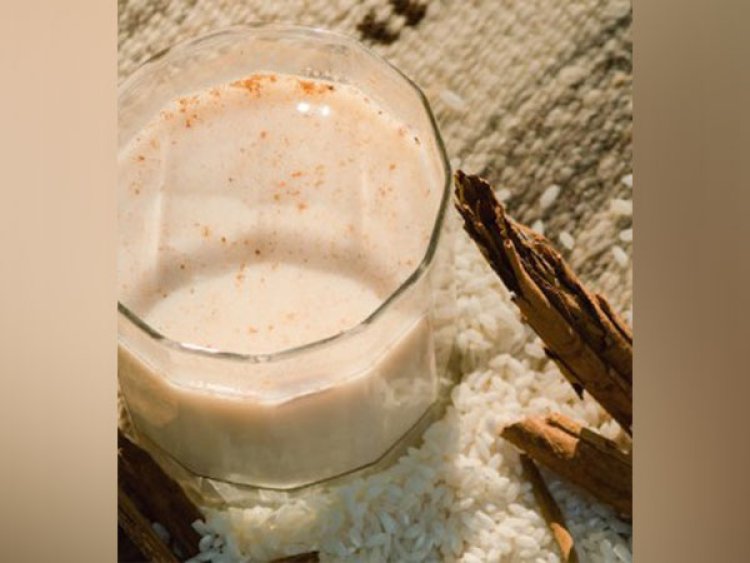How pasteurization, sterilization affects a milk alternative

Washington DC, US: Researchers have discovered how pasteurisation and sterilisation affect the appearance and feel of a coconut and rice drink.
The study was published in the journal, ACS Omega.
Milk products, whether made from soybeans, almonds, oats, or simply sourced from the cow, must be heat treated to prevent harmful bacterial growth and keep them safe. Understanding how these processes affect new plant-based milk formulations, on the other hand, could make the beverages more enjoyable to drink.
Despite the prevalence of dairy-based foods, up to 36 per cent of Americans have lactose intolerance, according to the National Institutes of Health.
As a result, many people are turning to lactose-free, plant-based alternatives, some of which provide additional health benefits. One drink under development, for example, combines rice flour and coconut water: Rice is low in calories and high in fibre, while coconut water is hydrating and high in fibre.
Jorge Yáez-Fernández, Diana Castro-Rodrguez, and colleagues wanted to test the formulation against two different high-temperature processing steps to better understand how heat treatment might affect this beverage.
Pasteurisation in a water bath at 140 degrees Fahrenheit or sterilisation in an autoclave at nearly 250 degrees Fahrenheit was used to heat these.
Following these treatments, the researchers discovered that the starches in rice flour gelatinized and underwent the Maillard reaction, resulting in a slightly darker colour and stickier fluid in all three versions.
Furthermore, the acidity of the drinks increased, and there were fewer sugars, which may affect how they taste.
The researchers intend to use their findings to guide future research into similar, dairy-free "functional beverages," such as those that may one day contain probiotic, lactic-acid bacteria.















































